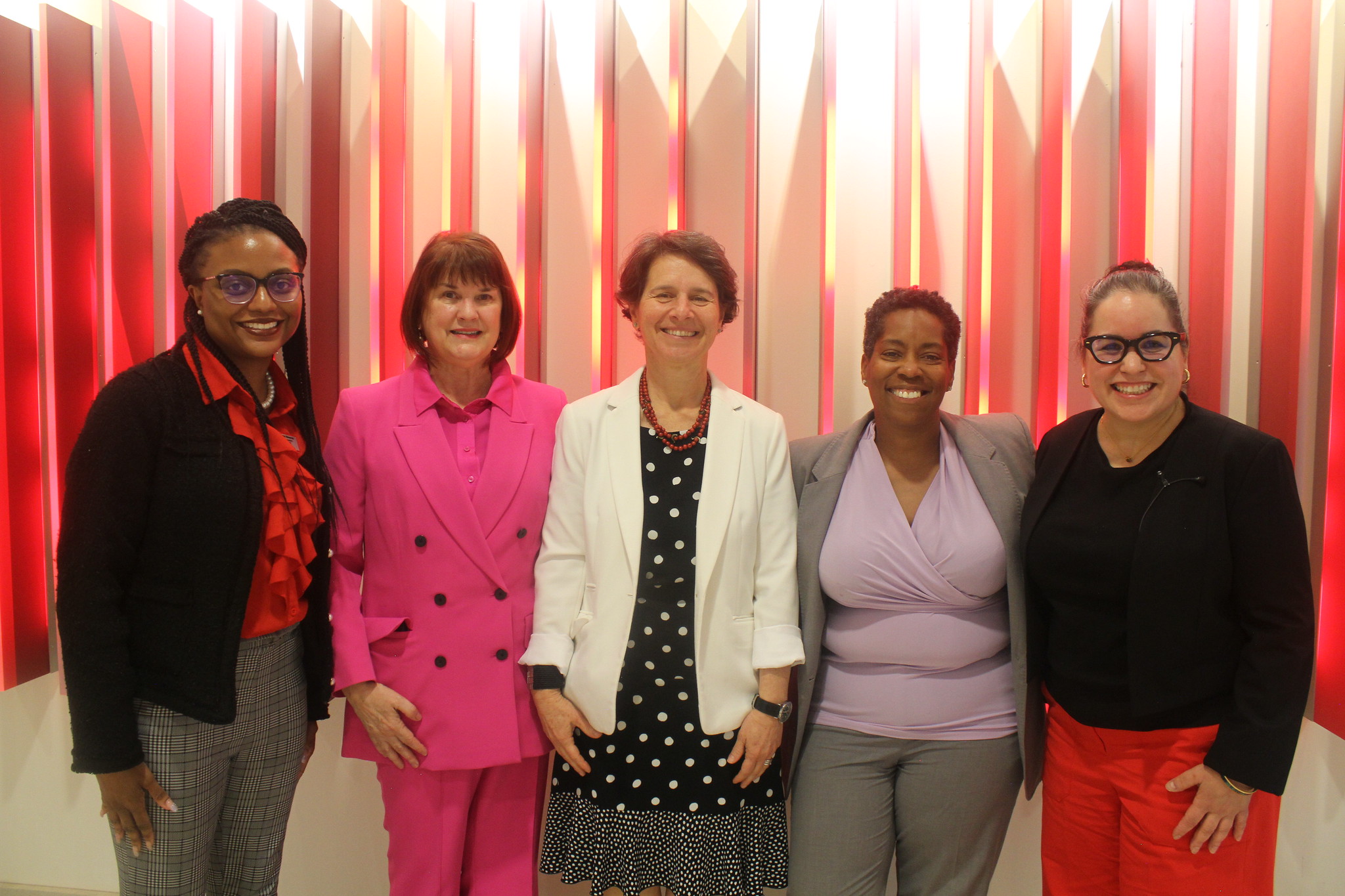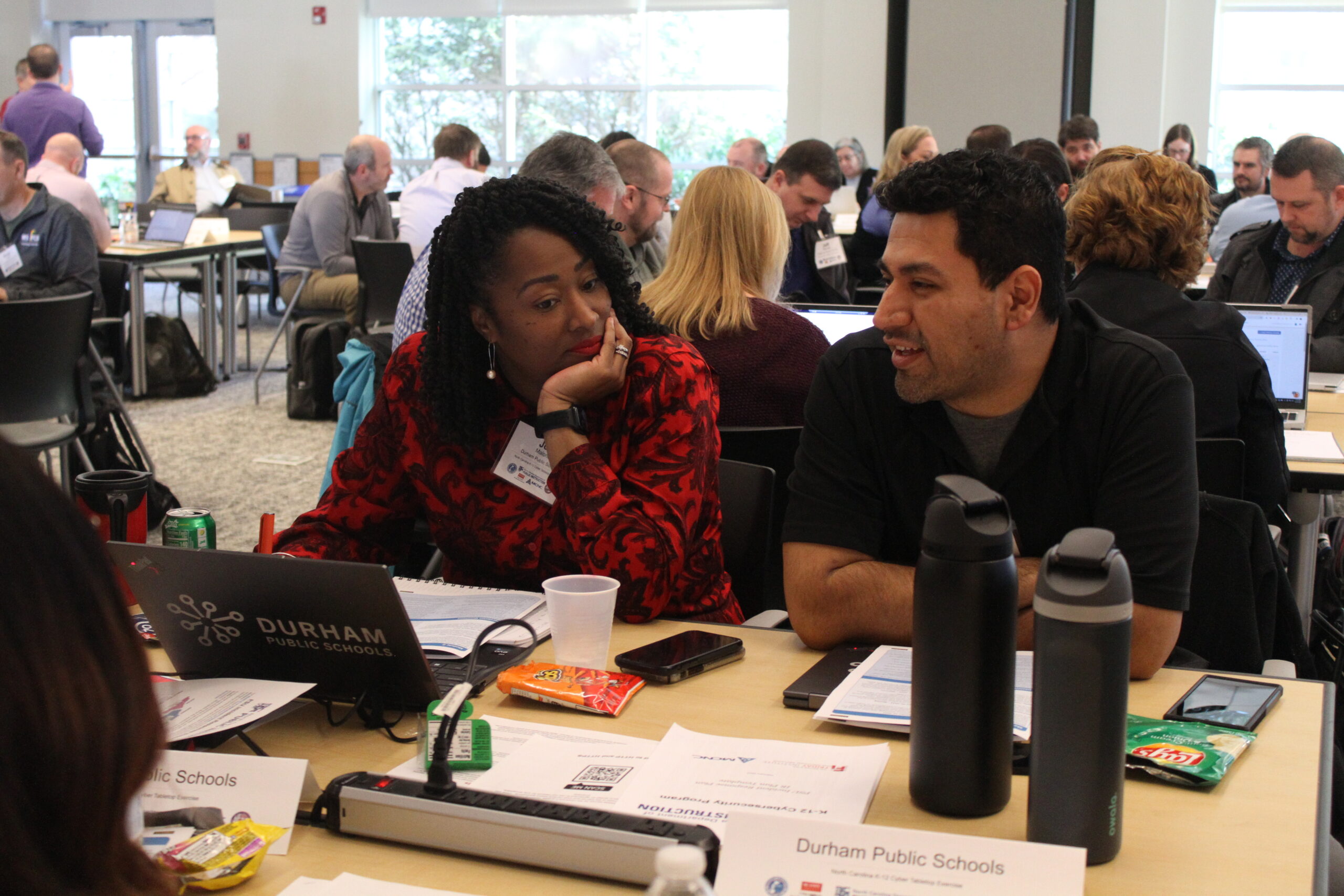Inquiring, Collaborating and Creating During a Pandemic: New Literacies Teacher Leader Institute Moves Online
From July 20-24, the New Literacies Collaborative (NLC) at the Friday Institute for Educational Innovation, in partnership with the Longview Foundation, held the New Literacies Teacher Leader Institute (NLI) completely online for the first time.
Continuing the initiative begun over a decade ago by the director of the NLC and current executive director of the Friday Institute, Hiller Spires, Ph.D., 60 K-12 educators from North Carolina and across the United States participated in 15 hours of professional learning and networking opportunities toward engaging students in the NLC’s signature program, Project-Based Inquiry (PBI) Global.
“It’s more important than ever before for educators to be globally competent, since our world is increasingly interconnected,” said Spires. “The pandemic has been an object lesson for all of us on global interdependence.”
The NLC knew they had to find a way to host the 2020 NLI and made the decision in early May to move the NLI completely online.
“We thought deeply about how to stay true to the foundational values of the NLI in an online environment,” said Friday Institute Research Associate Marie Himes. “These foundational values informed our discussions on the sequence and scope of the Institute, including decisions on duration, asynchronous and synchronous sessions, structuring participant and facilitator collaboration, and providing offline activities.”
With the support of the Friday Institute’s online professional learning design team, the NLC built out their online content for NLI on the online platform Moodle. The platform served as the NLI’s hub for myriad resources pertaining to PBI Global and the United Nations Sustainable Development Goals (SDG). During the week of the NLI, educators participated in three one-hour Zoom sessions and had access to instructional materials, guidance and technology tools pertaining to select PBI Global phases and SDGs. Teachers and facilitators shared insights and suggestions and asked questions via a Zoom chat backchannel and through discussion boards. The NLC also held daily drop-in office hours on Zoom in order for teachers to touch base with the team and with each other. The NLI culminated in an online showcase during which participants shared and provided feedback on their PBI Global Instructional Plans.
“During the NLI, teachers were dialoguing on a digital backchannel on Zoom,” said NLC R&D Consultant Andrea Gambino. “And they were just immediately connecting—sharing innovative solutions and tips on how to make learning more engaging and relevant for students.”
In addition to the online theory-into-practice sessions, teacher participants received an NLI curated box, which included instructional resources related to the SDGs on good health and well-being, clean water and adequate sanitation, and climate action. These materials were differentiated by grade level and were used throughout the NLI to extend participants’ experiences during PBI Global. They also received water play and experiment kits, wellness journals and yoga cards to show how hands-on, minds-on activities amplify and extend inquiry. The boxes also included global snack foods.
“This program opened my eyes to how I can use global learning materials and concepts,” said Yan Zhou, a Chinese teacher at Smith Magnet Elementary School in Garner, North Carolina. “The instructors gave me the scaffolding, and now it’s time for me to climb the scaffolds.”
- Categories:

